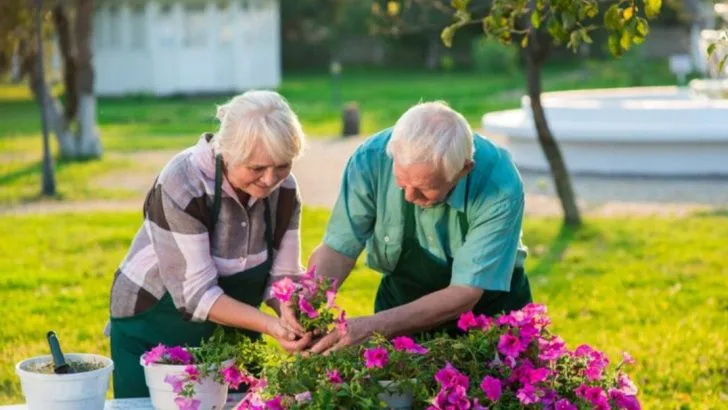In today’s fast-paced world, finding ways to reduce stress, improve mood, and boost overall well-being is more important than ever. Gardening has long been recognized as a powerful form of therapy, offering both physical and mental health benefits. Whether it’s tending to a small indoor plant or cultivating an entire backyard garden, interacting with nature has been shown to reduce anxiety, lower blood pressure, and enhance mindfulness.
The simple act of planting, watering, and nurturing helps foster a sense of purpose and accomplishment. Gardening also encourages outdoor activity, exposure to sunlight, and connection with nature, all of which contribute to better mental health. Studies have even shown that working with soil can increase serotonin levels, often referred to as the brain’s “happiness chemical.”
Discover how incorporating gardening into your routine can provide therapeutic benefits, promote relaxation, and improve your overall quality of life!
Mindful Moments with Watering
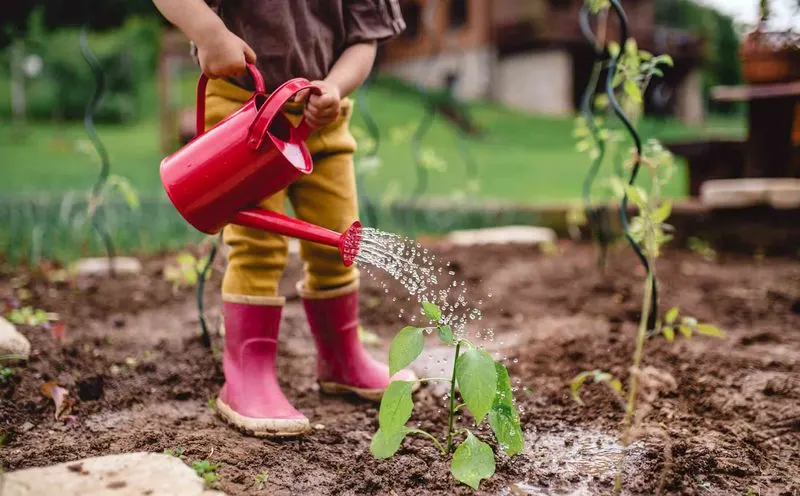
The simple act of watering plants can transform into a meditative experience. Focus on the rhythm of the water, the sound it makes as it nourishes the earth. Each droplet serves as a reminder to pause and breathe. This process encourages a connection with nature, fostering mindfulness and reducing anxiety.
Imagine starting your day with this gentle routine. The world slows down, and your mind clears, creating a sense of peace. It’s an effortless way to practice mindfulness, offering a break from the digital noise that often clutters our lives. The mental space created is truly nourishing.
Creative Expression through Garden Design
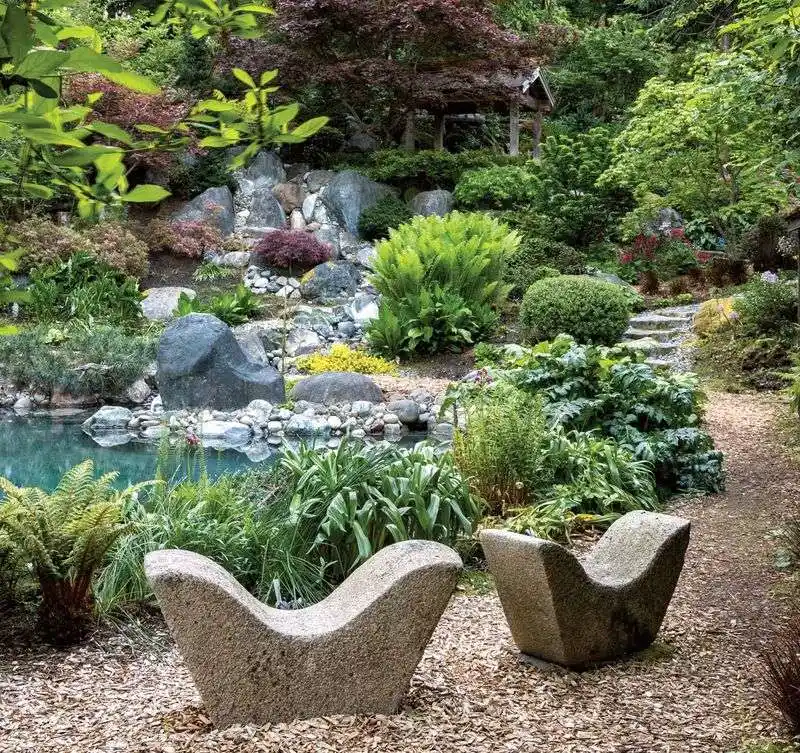
Designing a garden is like painting on a canvas, where creativity knows no bounds. Experiment with colors, shapes, and textures to create a personal sanctuary. This process stimulates the mind, offering an outlet for self-expression and creativity.
Engage in choosing plants that reflect your personality, mixing vibrant blooms with calming greens. The satisfaction of seeing your vision come to life in the garden can significantly boost one’s mood and self-esteem. Gardening becomes a living art project, ever-changing and evolving, just like personal growth itself.
Physical Activity in Plant Care
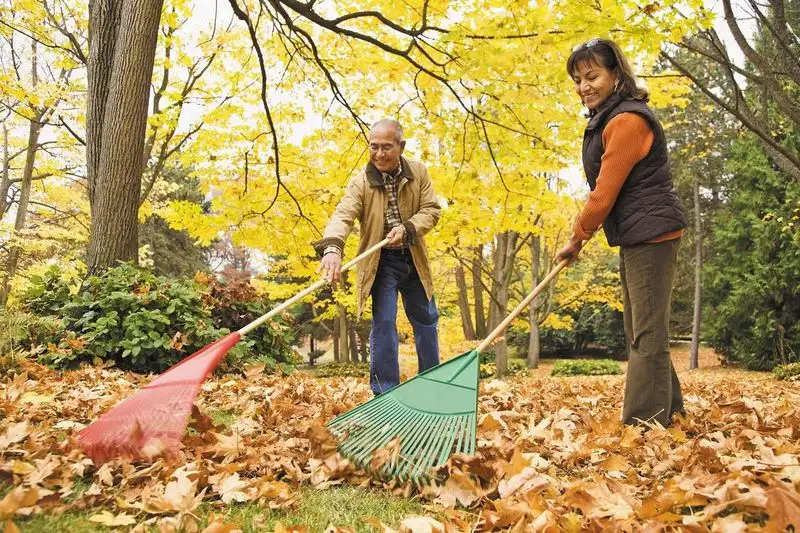
Gardening is a subtle yet effective form of exercise. Digging, planting, and weeding engage different muscle groups, promoting physical health alongside mental well-being.
Unlike traditional workouts, gardening provides physical benefits without the pressure of a competitive setting. The movement involved in tending to plants can elevate mood and reduce symptoms of depression. This physical engagement with the earth also fosters a grounding sensation, connecting you to nature in a profound way.
Healing through Plant Companionship
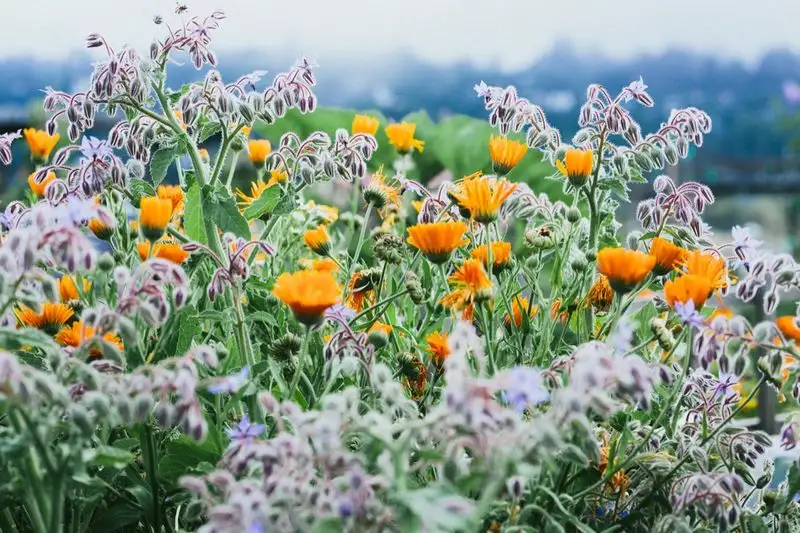
Plants offer companionship in their silent presence, creating a sense of responsibility and routine. Caring for them can reduce feelings of loneliness, providing comfort and purpose.
For those living alone, the nurturing relationship with plants can be profoundly fulfilling. Observing growth and change in plants mirrors personal development, enhancing emotional resilience. This companionship, while quiet, speaks volumes in its ability to heal and support mental health.
Stress Relief through Sensory Engagement
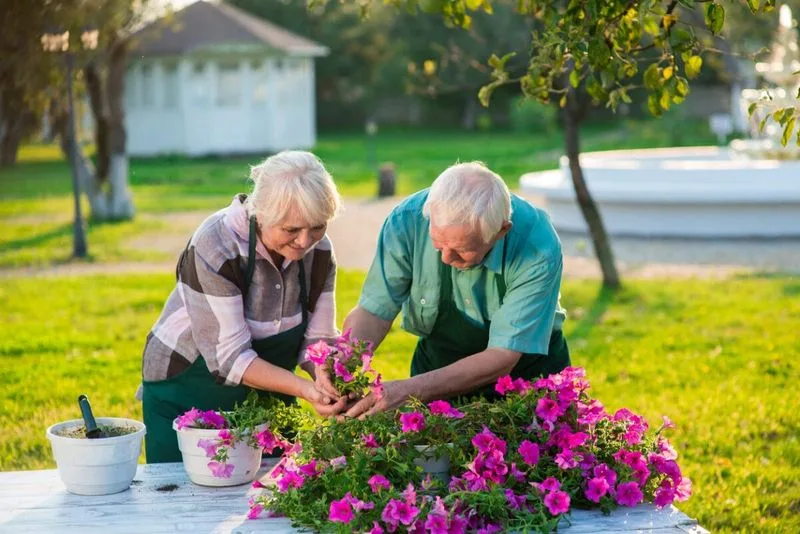
Gardening engages all the senses, offering a rich tapestry of experiences. Feel the texture of leaves, smell the earthy aromas, and listen to the gentle rustle of foliage. This sensory immersion creates a calming oasis, reducing stress and promoting relaxation.
Engaging with the tactile elements of gardening provides a break from the mental chatter, anchoring you in the present moment. It’s a natural form of stress relief, accessible with just a touch or inhale of fragrant blooms.
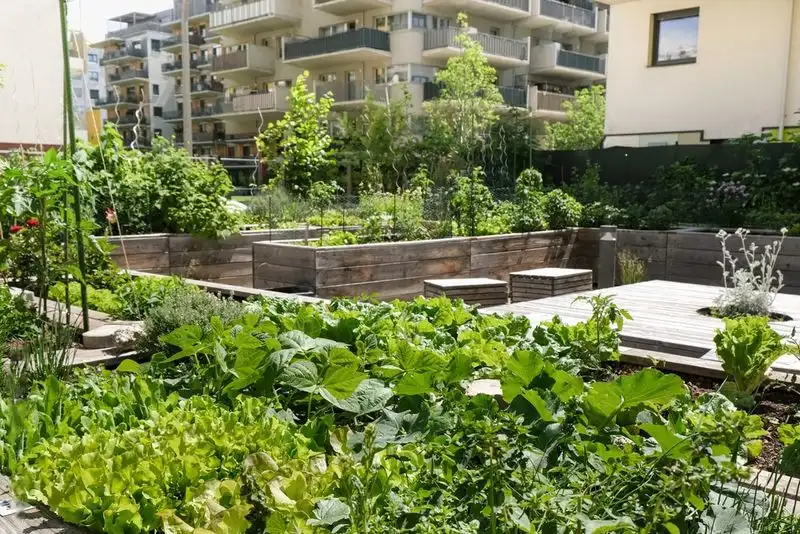
Community gardens offer more than fresh produce; they cultivate friendships and social bonds. Joining a garden group provides a sense of belonging and shared purpose.
Working alongside others, sharing stories and experiences, strengthens community ties. This collective effort not only enhances mental well-being but also fosters empathy and cooperation. The garden becomes a vibrant hub of connection, reflecting the diverse tapestry of human relationships.
Empowerment through Growing Food
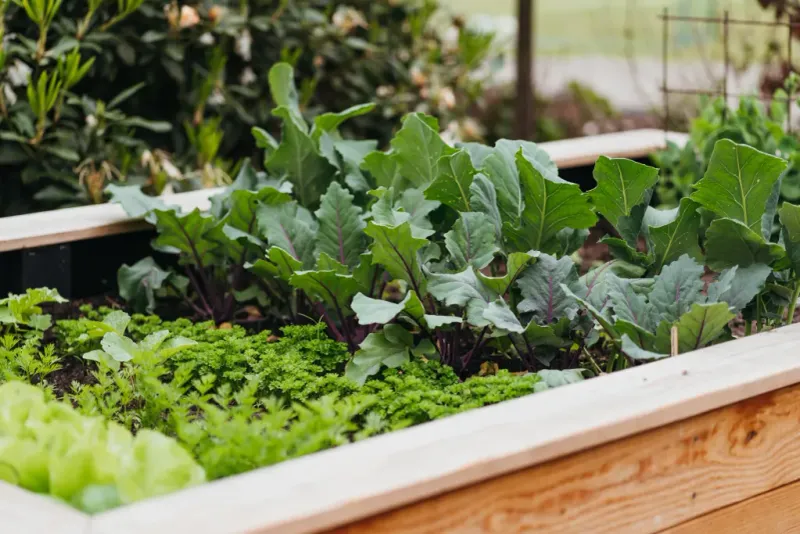
Growing your own food instills a sense of empowerment and self-sufficiency. The process of nurturing seeds into edible plants is deeply satisfying and rewarding.
For families, it offers a shared activity that teaches valuable life skills and promotes healthy eating. Witnessing the fruits of your labor on the dinner table enhances self-esteem, providing tangible evidence of your capabilities. Gardening, in this sense, becomes a tool for personal and familial empowerment, nurturing both body and soul.

